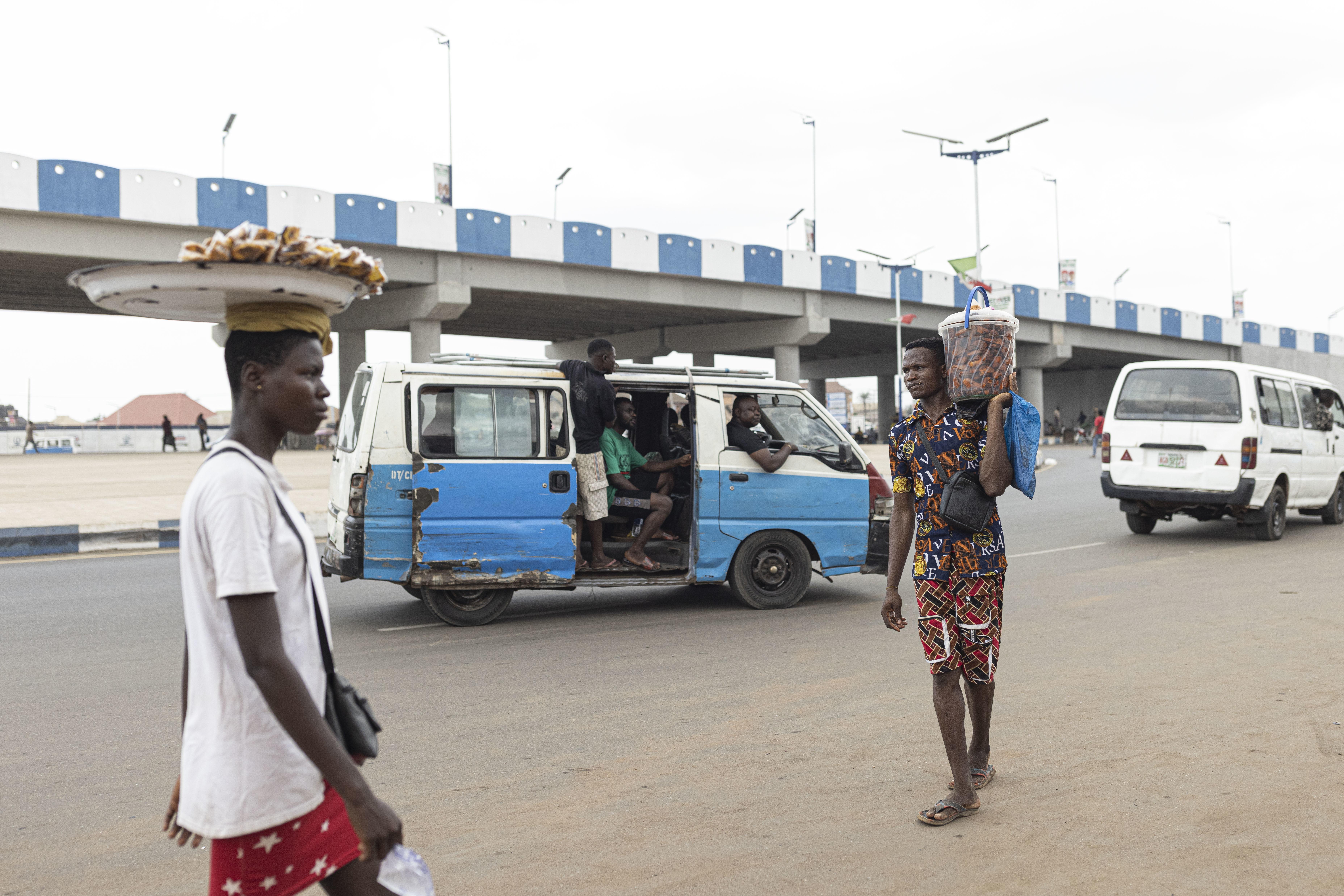 Vendors sell food at a junction in Asaba, Nigeria, on February 28, 2023. (PHOTO / AFP)
Vendors sell food at a junction in Asaba, Nigeria, on February 28, 2023. (PHOTO / AFP)
WASHINGTON - Africa is facing a severe financing squeeze that, on the back of a series of unprecedented shocks, is disrupting economic growth and endangering its long-term development, the International Monetary Fund's (IMF) top official for the region said.
Sub-Saharan Africa was only beginning to recover from the COVID-19 pandemic's economic fallout when the Ukraine crisis roiled capital and commodity markets, drove up inflation and paved the way for higher interest rates around the world.
Abebe Selassie, director of the IMF's African Department, said in an interview with Reuters that any one of those shocks would have been historic on their own.
Failure to act could hamper African governments' ability to address an ongoing cost-of-living crisis and potentially force them to reduce resources for health, education and infrastructure
ALSO READ: IMF: Deeper financial turmoil would slam global growth
"And they've been layered in a region, which has limited resilience ... So, yeah, it is very problematic," he said.
The Fund published its Regional Economic Outlook for Sub-Saharan Africa on Friday during the IMF and World Bank spring meetings in Washington.
In the report, it forecast that regional growth will slow for the second year in a row to 3.6 percent this year from 3.9 percent in 2022, before rebounding to 4.2 percent next year.
A tightening of global monetary policy to rein in inflation has led to higher interest rates, raising Africa's borrowing costs on both domestic and international markets.
Sovereign debt spreads for the region have climbed to three times the emerging market average, leaving Africa's frontier market countries cut off from international capital markets since early 2022.
ALSO READ: IMF's Georgieva says 44 nations eyeing new resilience trust loans
Two countries - Zambia and Ghana - have already defaulted on their sovereign debt since the start of the pandemic. A Group of 20-backed initiative aimed at assisting with debt restructuring is plagued by delays and has so far failed to provide relief.
The US dollar's effective exchange rate, meanwhile, reached a 20-year high last year, driving up the cost of servicing existing dollar-denominated debt, according to the IMF report.
"All of the key sources of financing of deficits - both the current account and the fiscal deficit - really are now very curtailed," Selassie said.
Urgent help needed
Selassie said the IMF and World Bank would seek to step up to fill the gap, but they will need help.
"Honestly, this is also a time when other bilateral creditors need to come forward," he said.
Failure to act could hamper African governments' ability to address an ongoing cost-of-living crisis and potentially force them to reduce resources for health, education and infrastructure.
Longer term, Africa is faced with a gaping shortfall in funding for climate adaptation.
While wealthy countries are beginning to mobilize resources, Selassie said Africa, which has done little to cause climate change but is disproportionately impacted by it, must not be hobbled by more onerous debt.
ALSO READ: Sub-Saharan Africa set for deeper pain from virus, IMF warns
"For the poorest countries, the most fragile countries, it is really, really important that we lower the weighted average cost of financing they face big time," he said.
"What has transpired over the last 15 to 20 years clearly has not been ideal."


